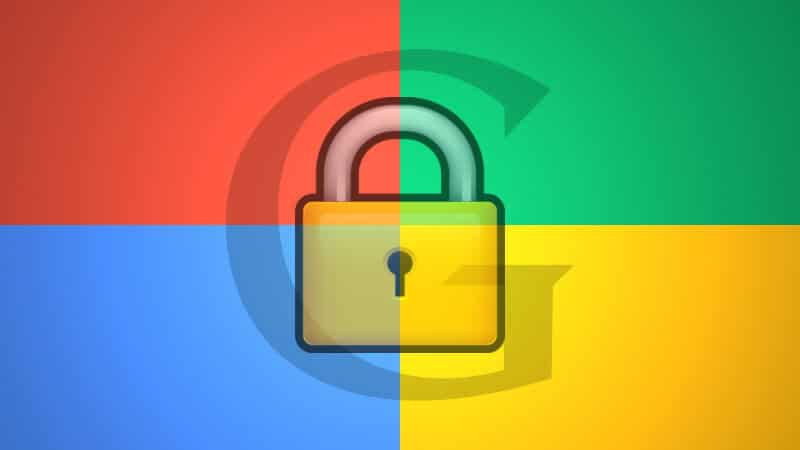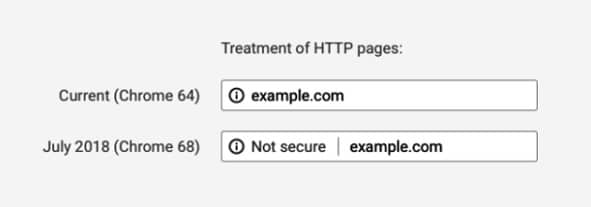SSL, a short form of Secure Sockets Layer. Sounds intimidating, doesn’t it? If everyone around is discussing it and you are left wondering if it’s a piece of electric equipment, you are at the right page! Read on to know what SSL is and why it’s so essential for e-commerce.
But first, let’s see what encryption means.
Encryption protects data. We run into encryption all the time on the web. This prevents mischief-makers from listening in on the traffic and understand what data is going back and forth.
What is an SSL certificate?
SSL certificates are a security method which allows for the encryption of data when being transferred over a server. We come across SSL every day when we browse websites like Facebook, YouTube, and other online stores. The encryption used prevents those with malicious intent from intercepting transactions: something as innocent as your google search queries or as dangerous as your account details.
How does an SSL certificate work?
Encryption makes use of keys to lock and unlock your information. Each SSL certificate that is issued comes with two keys:
- A public key, which is used to encrypt or scramble the information.
- A private key, which is used to decrypt or unscramble the information and restore it to its original format.
When a website wants to secure its transactions or avoid data theft, it will obtain an SSL certificate for that domain.
How to know if a website uses SSL?
You can identify a website using SSL in three quick ways:
- A green “lock” icon in the address bar
- A URL that starts with https instead of HTTP
- A green address bar
Do I need an SSL certificate?
The following websites require SSL:
- an eCommerce store
- a website that requires users to log-in
- any type of transactional website which handles online banking, financial account management etc
- a website that has forms that handle personal data, credit card information or any other sensitive data from users
- a website that allows users to chat on the website
Google’s new rule.
Effective July 2018, Google’s Chrome browser will mark non-HTTPS sites as ‘not secure.’ This move will coincide with the release of Chrome 68 and will look like this in a user’s browser:
This move by Google has prompted many website owners to migrate to https.
How to get a certificate?
SSL certificates can be purchased from any number of third parties. Many domain resellers offer them to their customers and there are also independent companies who sell only SSL certificates.
SSL could well become a norm for website owners in the future due to security and privacy issues. We hope this brief intro has shed some light on this topic. We would love to hear from you, so feel free to write back to us for any clarification. Do browse our site for the SSL certificates on offer!




No Comments